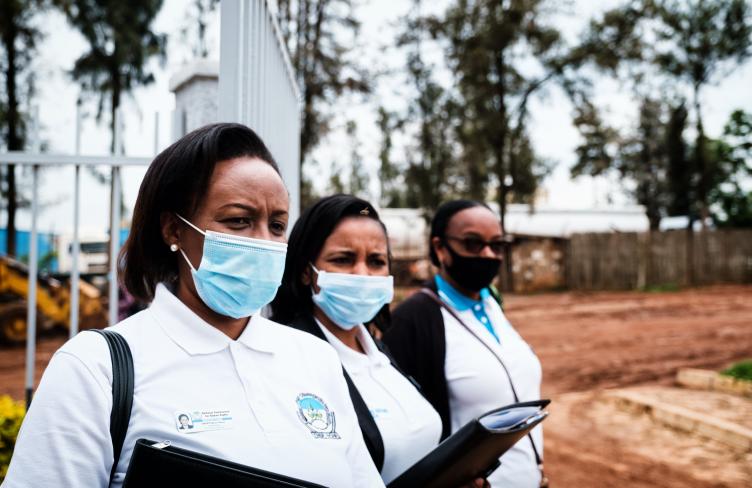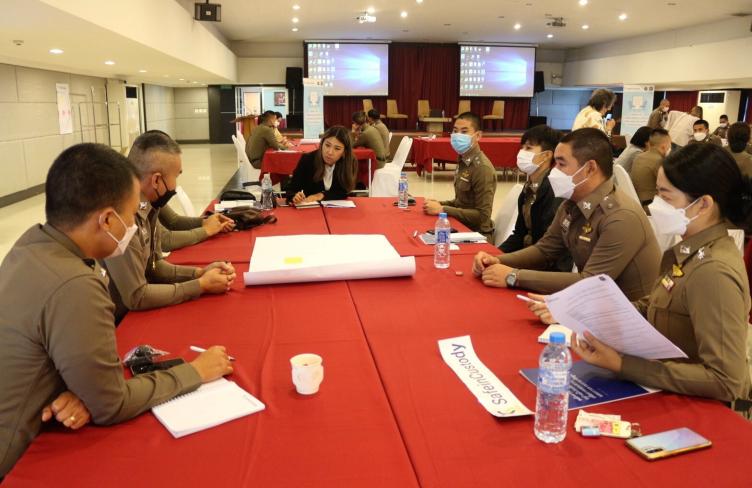
Yesterday, 16 December 2013, the Maldives’ Parliament voted unanimously to pass the Anti-Torture Act. The Act has been formulated based on international human rights treaties, including the UN Convention against Torture and its Optional Protocol, and combines all aspects of prevention and prohibition of torture in one document.
“An emotional and proud moment”. This is how Jeehan Mahmood, Commissioner at the Maldives Human Rights Commission in charge of the National Preventive Mechanism, describes her feelings in a message to the APT. The Human Rights Commission has worked hard to make this Act one of the most progressive torture prevention documents in the region. The Act also officially designates the Commission as the NPM and makes it a legislative body.
In its final version, the Anti-Torture Act declares freedom from torture as a fundamental right, penalises torture, ensures respect for human rights of criminal suspects, and prohibits torture in state custody, detention in undisclosed locations, and solitary confinement. Importantly, the Act makes any statement obtained through torture invalid as evidence in a court of law.
In addition to the Anti-Torture Act, the Parliament also passed the Prisons and Parole Act, which specifies rules for the management of jails and procedures for incarceration, rehabilitation and parole as well as rights and benefits for detainees.


